Stream Dissolved Nitrogen Cycling Responds to Human Activity across the Landscape
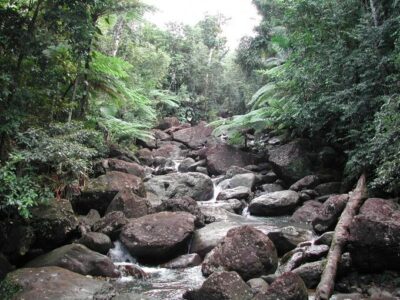
A new global data synthesis of stream chemistry indicates human activities reduce streams ability to retain and transform nutrients.
LTER Science Update provides short, accessible articles describing recent news and publications from across the Network. We hope you will be informed and inspired. Subscribers can sign up online and manage their own subscription settings, so feel free to share with interested colleagues. Have a recent paper or project that may be of interest? Just drop us a line at lno@lternet.edu.

A new global data synthesis of stream chemistry indicates human activities reduce streams ability to retain and transform nutrients.
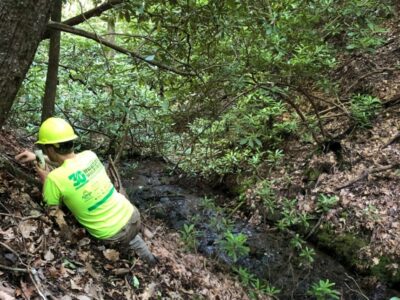
Microbial resilience and response with ongoing climate change is influenced by land use legacies at the Coweeta LTER.
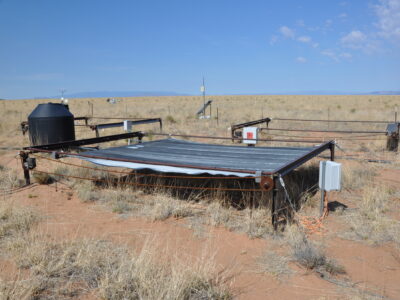
All plants are somehow affected by global change, but their responses are inconsistent between ecosystems, a LTER Synthesis group finds.
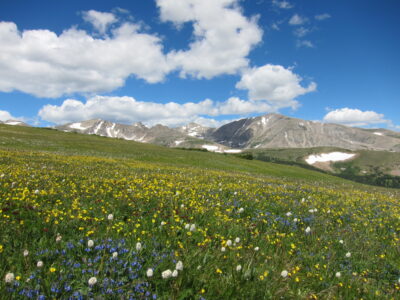
Can plants dictate how soil microbes respond to nitrogen deposition? New research says no, and sheds light on plant-microbe dynamics.
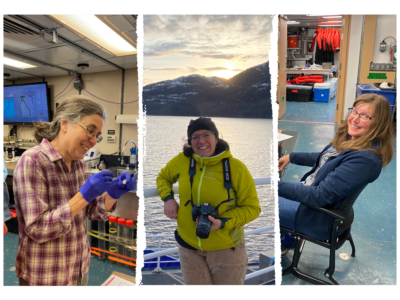
The Northern Gulf of Alaska LTER is an anomaly in oceanography: women lead the research. Hear inspiring stories about three of them.
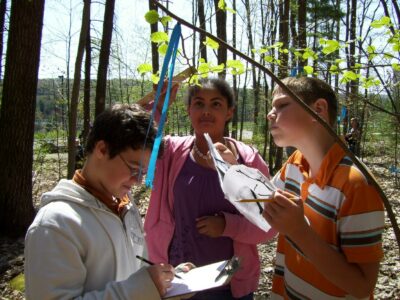
Social scientists research natural scientists at two LTER sites, and find that collaboration with communication experts is key to easier and more impactful public engagement.
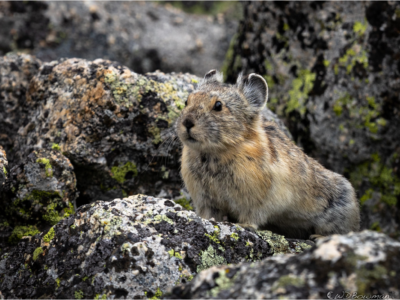
At the Niwot Ridge LTER, community scientists expand the reach of pika research initiatives to understand how pikas might respond to climate change.
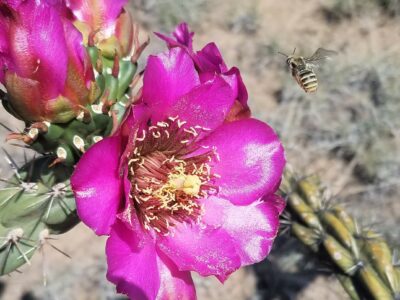
Life in the Chihuahuan Desert endures amid extremes, so the desert’s inhabitants make the most of brief moments to sustain biodiversity.
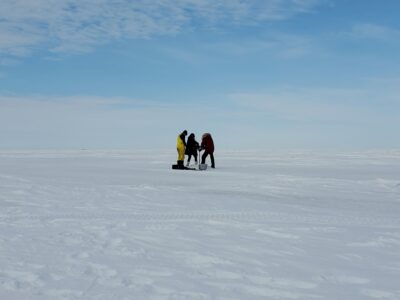
In Arctic lagoons, life persists through cold and dark winters, but few people are able to study and understand the bizarre life under sea ice. With chemical biomarkers and insight from local communities, food web ecologists are beginning to uncover how these organisms thrive in the harsh winter, and how they will continue to survive in the ever changing Arctic climate.
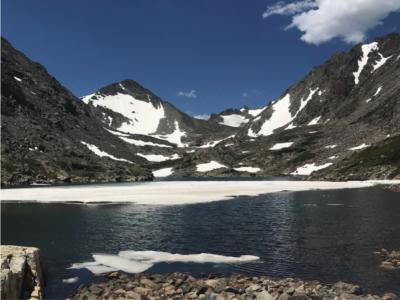
Long-term research at the Niwot Ridge LTER reveals alpine lakes are seeing longer ice-free periods in the summer, a consequence of a changing climate.